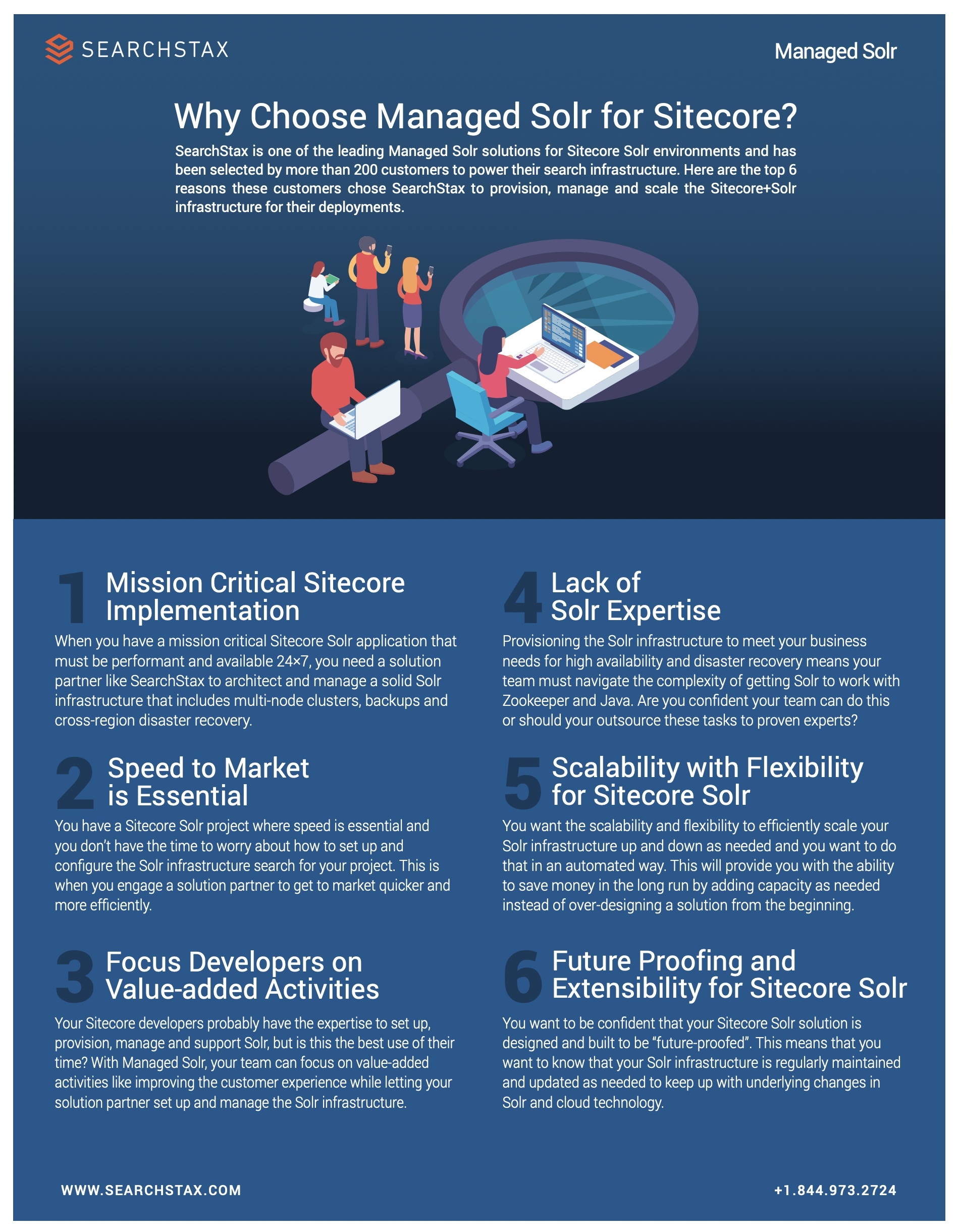New data-analytics solutions are being integrated into modern business. Companies with a strong online presence need to leverage technology that is highly dependent on analytics technology.
One of the ways that companies can improve their online business model is by utilizing CMS (content management system) platforms with a strong analytics foundation. They can use these CMS features to make sound, data-driven decisions and automate many online processes for their web strategy.
Two Incredible CMS Platforms that Depend Heavily on Big Data
There are a number of new CMS tools that rely on data analytics. Two of the newest are Sitecore and Apache Solr.
Sitecore is one of the leading digital experience and CMS platforms that lets teams launch and evolve experiences that drive engagement and accelerate customer success with data-driven insights. Apache Solr is the popular enterprise search engine built on the open source Apache Lucene engine. It also uses cutting-edge analytics features. Combined, these two technologies provide a great platform for developing great customer experiences for personalized and relevant content search in a scaled environment.
What Does it Take to Set Up and Maintain Sitecore Solr?
You can combine these two tools to create an analytics-based strategy for your online business model. However, it takes time, effort and skill to set up and maintain a high availability and high performance Solr infrastructure for Sitecore.
To set up a Solr infrastructure, the steps include:
- Build Solr clusters in your cloud
- Configure reporting for monitoring and alerting
- Set up the log management
- Check and test the backup and restore functionality
- Design the disaster recovery strategy
From an ongoing standpoint, the actions include:
- Provide ongoing production support
- Deal with scaling the Solr infrastructure up and down
- Triage and analyze errors
- Load and test the Solr, Zookeeper and OS patches and upgrades
- Scan for vulnerabilities
- Maintain backups
You will find that it is a lot easier to make competent decisions and automate processes once it is setup and you can tap the unparalleled analytics features that the platform provides.
What are the Options to Implement Sitecore Solr?
Organizations generally have two options to to set up, manage and maintain Solr infrastructure for Sitecore – take on the responsibility directly or use an experienced solution partner.
In the first option, your internal development team or implementation consultant follows a do-it-yourself path to build and maintain the Solr environment. This approach will take longer and will cost more in the long run when you consider all of the direct and indirect costs to design, build and operate Solr. There are also the opportunity costs to consider because your team will have to spend cycles on tasks that are not in their core skill set instead of working on activities that will add more value to your project. You can cut the time that it takes by using analytics and process automation, but these steps still involve a lot of work initially.
The other option is to use a Managed Sitecore Solr solution from an experienced software vendor who assumes full responsibility for building and supporting your Solr deployment. A full-service software vendor will make sizing and configuration recommendations, provision the Solr and cloud infrastructure, and provide 24x7x365 support to ensure that your environment is always available.
What Attributes Should You Look for in a Managed Solr Vendor?
Your Managed Solr vendor should include cloud automation to make it easy to deploy and manage Solr nodes and clusters, and include the ability to view activity logs, scale up and down easily and allow for auto-scaling. From a monitoring standpoint, you should be able to see heartbeat and threshold alerts, system level metrics, Solr search and indexing metrics and audit logging. The support response time and system uptime should be backed by service level agreements that provide for penalties when guarantees are not met.
Other critical features are the ability to perform daily backups and a variety of automated disaster recovery options to meet any business requirement. In addition, your vendor should provide security features like basic authentication, IP filtering, encryption at transport and rest and private environments plus SOC2 and compliance features like SOC2 certification and GDPR to ensure that your data and environment is fully protected.
Infographic – Why Choose Managed Solr for Sitecore for Your Analytics-Driven Project?
Analytics features are critical for any CMS. One of the leading Managed Solr vendors is SearchStax who manages thousands of Solr deployments for more than 200 customers. Check out the Infographic below to discover the 6 reasons why customers choose SearchStax to provision and manage the Sitecore Solr infrastructure for their implementations. You will have an easier time taking advantage of big data and analytics to automate and optimize your model.








